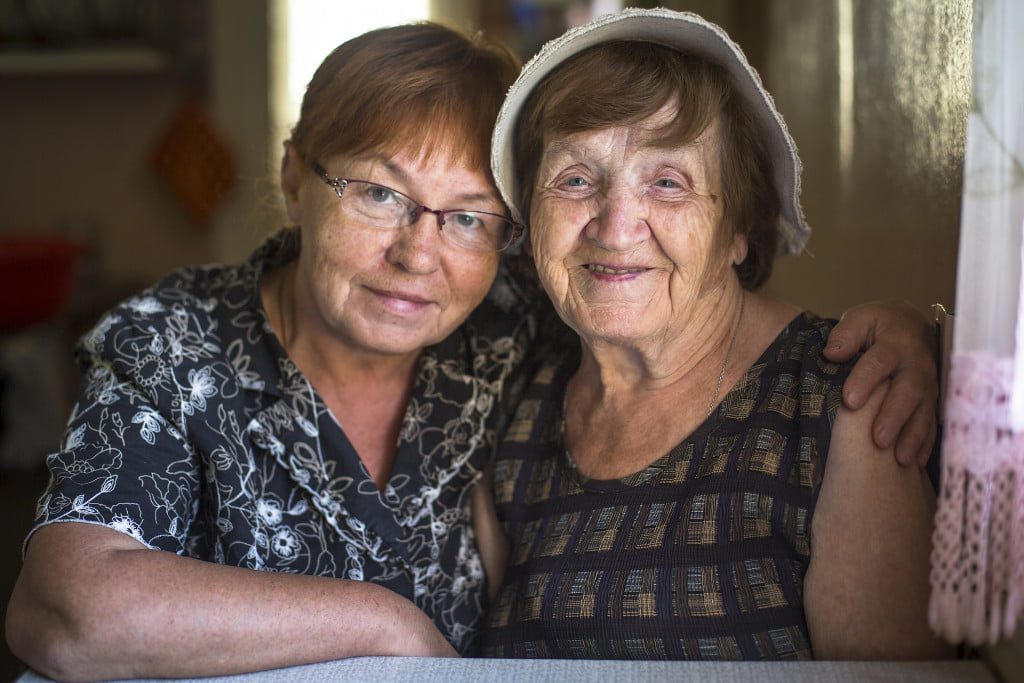 As a caregiver, any changes to the law can have major implications, especially if those changes relate to you or to the person you are caring for.
As a caregiver, any changes to the law can have major implications, especially if those changes relate to you or to the person you are caring for.
However, it can sometimes be difficult to keep track of policy changes and their implications.
This is why we aim to keep you updated on key policy changes as they happen and to discuss the implications of changes that do occur.
One recent change is a set of new care laws, initiated by the American Association of Retired Persons (AARP). These laws are focused on improving the quality of patient care after a hospital discharge.
They are known as the Care Advise Record Enable (CARE) laws and AARP’s CARE laws are particularly relevant to caregivers.
The key function of these laws is to allow patients to name a caregiver for their recovery after their hospital stay. Sixteen states have put these new laws into effect, most recently: Indiana, Illinois, California, Oregon, and New Hampshire.
These laws aim to lower hospital readmissions and ensure faster healing for the patient by improving the communication between the caregiver and the hospital.
When seniors are discharged from the hospital, they are often still in a mental fog to understand their discharge plan, and may be too weak to fill medication prescriptions without the proper support at home.
Additionally, the few days or weeks following a hospital stay are the most critical. If the patient is not being properly cared for at home, they may end up right back at the hospital or may have a reduced chance for full recovery.
By requiring the hospital to let the patient name a caregiver, AARP’s CARE laws improve the chances that the patient will be taken care of by a dedicated person.
In the past, the legal representative required upon admission was responsible for the care of the patient if they were unable to care for themselves. Unfortunately, personal issues among families often get in the way of this occurring.
Circumstances can quickly change for seniors and reliable caregivers may also change.
 Seniors residing in subsidized housing, for instance, may prefer to rely on a neighbor or the residential manager than a daughter who lives 70 miles away.
Seniors residing in subsidized housing, for instance, may prefer to rely on a neighbor or the residential manager than a daughter who lives 70 miles away.
At the same time, their daughter should remain the legal representative for overall health and legal matters.
Likewise, the specific person that a senior needs to care for them may change depending on their medical condition and issues on discharge.
This information would not be available at intake and supports the idea of designating a caregiver at the end of a hospital visit.
AARP’s CARE laws will enable the patient to choose someone better suited for their care than their legal representative, without giving that person the rights of a legal representative.
However, with the new laws, hospitals are still required to comply with the state and federal laws concerning the patients’ right to privacy.
Since patients are not required to name a caregiver, some may decide not to name one.
If this happens, the hospital need only document the situation to be in compliance with the new laws.
This also means that if the patient names a caregiver, but that person is unreachable the hospital must document all attempts to contact that person and is not permitted to push back discharge if they cannot reach the caregiver.
Some states are requiring certain types of discharge instructions to be included to ensure the best possible care for the patient post-discharge. This may include video instructions or speaking with the staff face-to-face giving them the opportunity to ask questions.
Video instructions may prove to be the most effective way of helping the caregiver follow the proper care routine. The CARE laws may also allow the hospitals to track their readmission rates as well as their patients’ satisfaction with care in hopes of raising overall patient health.
These laws offer the potential for much greater communication between caregivers and hospitals.
This may make it easier for caregivers to find out information they need and to support the people under their care.
 Previously, if the caregiver was not the legal representative, their ability to access information and to interact with the hospital was fairly limited. These new laws help to support and recognize the role of the caregiver.
Previously, if the caregiver was not the legal representative, their ability to access information and to interact with the hospital was fairly limited. These new laws help to support and recognize the role of the caregiver.
It is also important that senior patients know about these changes before they go to the hospital.
This can help to ensure that they name the correct person.
This may be particularly important in cases where the caregiver following a hospital visit is not the same as the caregiver normally. Likewise, it is very relevant for seniors who do not normally have a caregiver.
Overall, ensuring that both the senior and caregiver are fully aware of the situation and implications can help to dramatically cut down on confusion.
In turn, this can help to promote the best possible care and support for the senior.

Leave a Reply